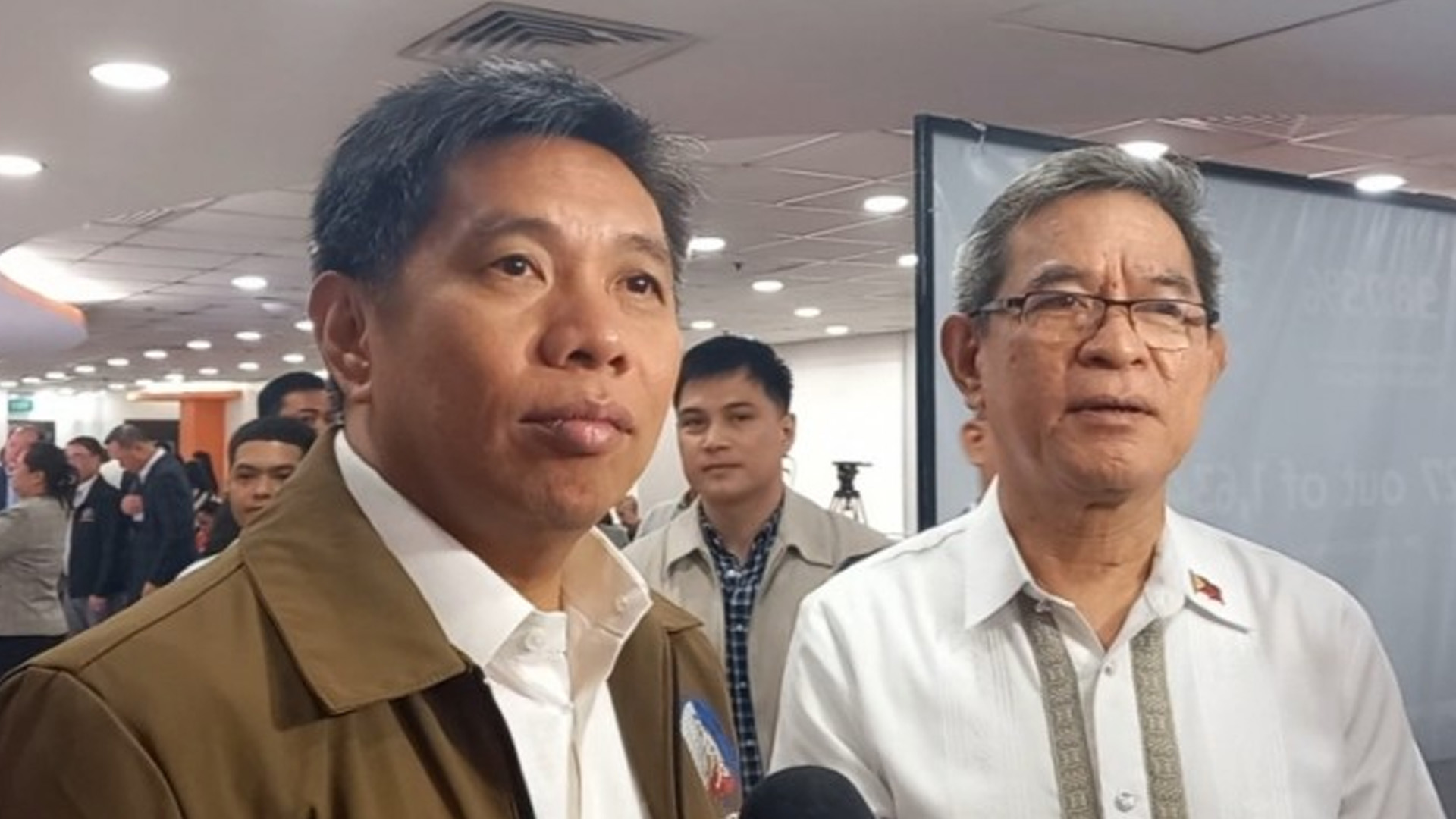The chief of the Anti-Red Tape Authority (ARTA) is hopeful that their request for at least PHP80 million allocation for 2026 will be approved, to further boost their capacity to investigate complaints against government personnel and agencies.
ARTA Director General Ernesto Perez, in an interview on the sidelines of the launch of ARTA’s electronic complaints management system (eCMS) at the agency’s office on Wednesday, said their proposed budget for next year is around PHP490 billion.
“We will request for additional PHP80 million to support regional field offices and hire additional lawyers. That will be enough to sustain our operations for next year,” he said.
Perez said their earlier request for additional lawyers has been granted by the Department of Budget and Management (DBM).
He said they need more manpower to allow them to do their mandate of ensuring ease of doing business (EODB).
Since the agency was established following the enactment of Republic Act (RA) 11032 or the “Ease of Doing Business and Efficient Government Service Delivery Act” on May 28, 2018, ARTA has received more than 29,000 complaints, he said.
Under the law, RA 11032 must be reviewed every five years, and Perez is hopeful that ARTA will be empowered further after the second review.
“With this thorough review, we are proposing to amend, to revise the law to give us more power to issue subpoena. Pero lahat po ito (But all these) depends on the Office of the President,” he said.
Electronic complaint system
Meanwhile, Perez and Department of Information and Communications Technology (DICT) Secretary Henry Aguda are optimistic for further improvement in the bureaucracy since the public can now file complaints through ARTA’s eCMS, which is available through the eGovPH app and can accommodate complaints using 13 Philippine dialects.
Perez said most government agencies have been onboarded to the eCMS, while local governments are required to have an anti-red tape committee.
Citing their experiences, he said more than 99 percent of the complaints filed before their office have been addressed, while only a fraction of less than 1 percent have matured into formal complaints and are undergoing or have undergone investigation.
“Resolution will be faster with the eCMS because this is operational 24/7,” he added.
Aguda, in turn, said President Ferdinand R. Marcos Jr. has directed the utilization of technological innovations and artificial intelligence to further serve the public, making it more transparent, efficient, and accountable.
“Ito ay isang napakahalagang hakbang tungo są mas pinabilis, mas malinas at mas bukas na pamahalaan para sa bawat Pilipino (This is an important step towards a faster, clearer, and more open government for every Filipino),” he added.
Aguda, meanwhile, said the ECMS is also in line with the Marcos administration’s agenda for government digitalization and the “Konektadong Pinoy” bill that seeks universal connectivity across the Philippines.
“Walang sulok, walang bundok, walang kuweba, walang dagat sa teritoryo ng Pilipinas na hindi magkakaroon ng connectivity. At walang Pilipino na hindi magkakaroon ng affordable connectivity. Yan po ang pangako ng Pangulo satin (There will be no corner, mountain, cave, or sea in the Philippines without connectivity. And every Filipino will have affordable connectivity. This is the President’s promise),” he said. (PNA)






